Ambassador promises a different World Cup
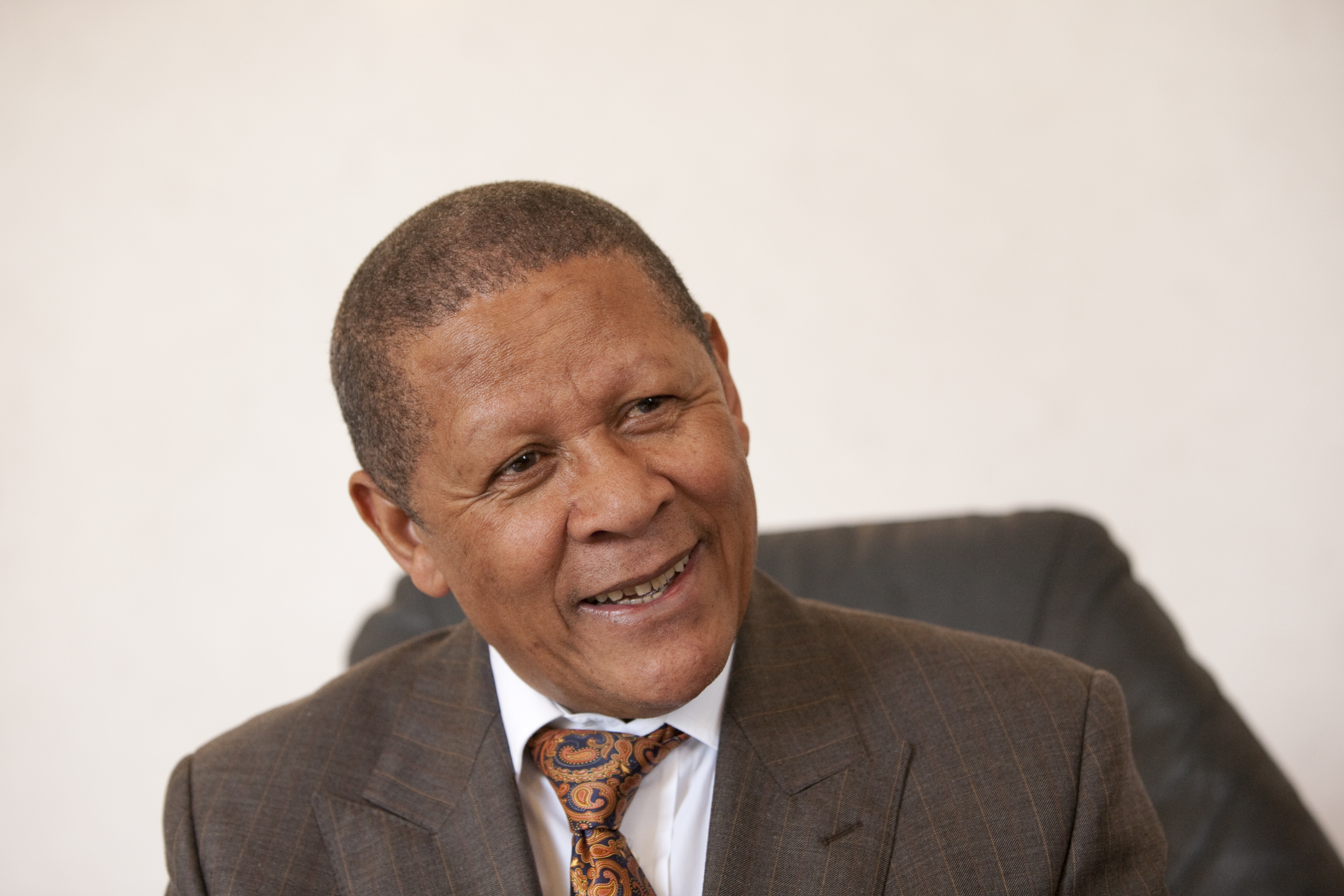
Football’s World Cup is just weeks from kicking off in South Africa, an event with strong political and economic impact says the country’s ambassador to Switzerland.
In an interview with swissinfo.ch, George H. Johannes explains that the competition is a huge opportunity for his country, and that the football promises to be good, too.
The World Cup begins on June 11 and will last a month. Switzerland play their first match on June 16 against favourites Spain. Johannes, who took up his post a year ago, hopes that the final will see the Swiss fighting for the title against his homeland.
swissinfo.ch: South Africa promised to put on the “best World Cup of all time”, yet ticket sales abroad have been sluggish so far. Is there a chance the competition will be a letdown?
George H. Johannes: We didn’t promise the best World Cup, but rather the most special World Cup. There will be an African atmosphere, a special environment with our special landscapes. Otherwise the competition will be like it has always been.
More than a half million tickets have been sold abroad so far. Our problem is that because of poverty, many people in South Africa don’t have credit cards. But those people can save money and pay for tickets with cash. That is why Fifa has now decided to let people buy tickets without using a credit card, and we expect plenty more to be sold quickly.
swissinfo.ch: Ten stadiums were built or renovated, and other major infrastructure projects were pushed through, costing billions of francs. Can South Africa afford the cost?
G.H.J.: The money came from the state, and no bank credits were involved. So we built the stadiums and other infrastructure projects with our own money.
Some of the stadiums were also co-financed by the private sector, by German construction companies with the help of Swiss architects and technicians.
swissinfo.ch: Switzerland had close ties with the apartheid regime and did not apply international sanctions. How would you describe the current political and economic relationship between the two nations?
G.H.J.: Switzerland and South Africa have very good ties and Switzerland is our fifth largest trade partner. Switzerland’s policy during the apartheid era is a part of the past. We want to look to the future and work and do business together as equal partners.
swissinfo.ch: What is South Africa hoping to get from the World Cup, business-wise and politically?
G.H.J.: What is important politically is that all of Africa is involved in the World Cup process. If you look at the major European football teams, most have African players who make major contributions to their clubs at the expense of Africa. That is a political problem; a lot of our talent leaves Africa for Europe because that’s where the resources are.
With the World Cup, all of Africa is coming together. We can look together at this issue of “African pessimism” so that for the first time people can begin to see Africa very differently. They won’t just see Africa as a dependent continent, where people beg for help and are starving to death. They will go to South Africa and be pleasantly surprised. It’s a major political and economic giant in Africa, and of course it is stable despite its history.
In 1994 [before the first post-apartheid democratic elections], everybody thought the country would collapse, something that didn’t happen.
Compared to other countries in Africa, South Africa’s economy is doing much better. We are investing heavily in education, health and infrastructure, fulfilling the United Nations Millennium Development Goals. We have created new jobs before and after the World Cup. Tourism will also get a boost from the competition; people visiting South Africa for the first time will want to come back.
swissinfo.ch: Crime is another issue. Will it stop people from travelling to South Africa?
G.H.J.: I always wonder why South Africa attracts 11 million tourists every year if it is such a dangerous place. I can’t imagine them flying for 11 hours over 53 African nations to land at the bottom of the continent and to be mugged and robbed.
I have friends who were attacked and robbed in the centre of Geneva. But I wouldn’t say that crime is rife in Switzerland. Of course we advise tourists they should avoid some places in South Africa. Just like I wouldn’t visit some areas in London or New York.
Crime is something left over from the apartheid system – poverty among a majority of blacks, and wealth among a minority of whites. Crime happens primarily within the poor areas.
For the World Cup, more than 40,000 police are handling security. We are also cooperating with Interpol to prevent foreign hooligans from making the trip. Interpol has put together a database of people who should not be allowed into South Africa. Policemen from abroad will also be assisting us. We don’t have hooligans in South Africa. Hooliganism is something that developed in Europe.
swissinfo.ch: South Africa were African champions a few years ago. Since then the national team hasn’t done as well. Does it have a chance at home against the world’s best?
G.H.J.: Our intelligence service says that South Africa will reach the final and will play against Switzerland … [laughs]. We became rugby world champions in an enthusiastic atmosphere. During the apartheid era, sports were divided along racial lines: football for blacks, cricket and rugby for whites.
Many South African players are based abroad, mostly in Europe. That makes it difficult for them to play for the national team. That’s why we have to rely mainly on players from our domestic league. These players don’t have the same experience as those playing abroad. But I’m optimistic for the World Cup. The national team will do better than many people expect.
swissinfo.ch: Which team is your personal favourite?
G.H.J.: Two teams – Brazil and Spain.
Jean-Michel Berthoud, swissinfo.ch (Translated from German by Scott Capper)
Group A: South Africa, Mexico, Uruguay, France
Group B: Argentina, Nigeria, South Korea, Greece
Group C: England, United States, Algeria, Slovenia
Group D: Germany, Australia, Serbia, Ghana
Group E: Netherlands, Denmark, Japan, Cameroon
Group F: Italy, Paraguay, New Zealand, Slovakia
Group G: Brazil, North Korea, Ivory Coast, Portugal
Group H: Spain, Switzerland, Honduras, Chile
1950: Apartheid made official in South Africa – Swiss firms Ciba (now Novartis), Roche, BBC (now ABB) and UBS open branches in Cape Town.
1956: The Swiss-South African association founded in Zurich; later becomes a chamber of commerce.
1960: South African police in Sharpeville kill 69 black demonstrators.
1963: UN weapons ban against South Africa. Switzerland dodges the ban.
1964: ANC leader Nelson Mandela and other activists sentenced to life in prison.
1968: Swiss banks pool resources to purchase South African gold.
1974: Swiss government restricts yearly investments in South Africa to SFr250 million.
1986: Switzerland lends its support to South African NGOs, demanding an end to apartheid and complete democracy.
1990: Nelson Mandela meets Swiss foreign minister René Felber on June 8, four months after being freed from prison.

In compliance with the JTI standards
More: SWI swissinfo.ch certified by the Journalism Trust Initiative
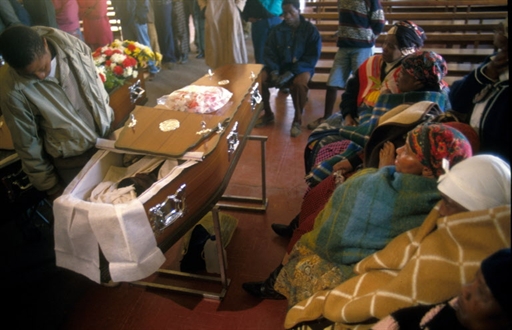
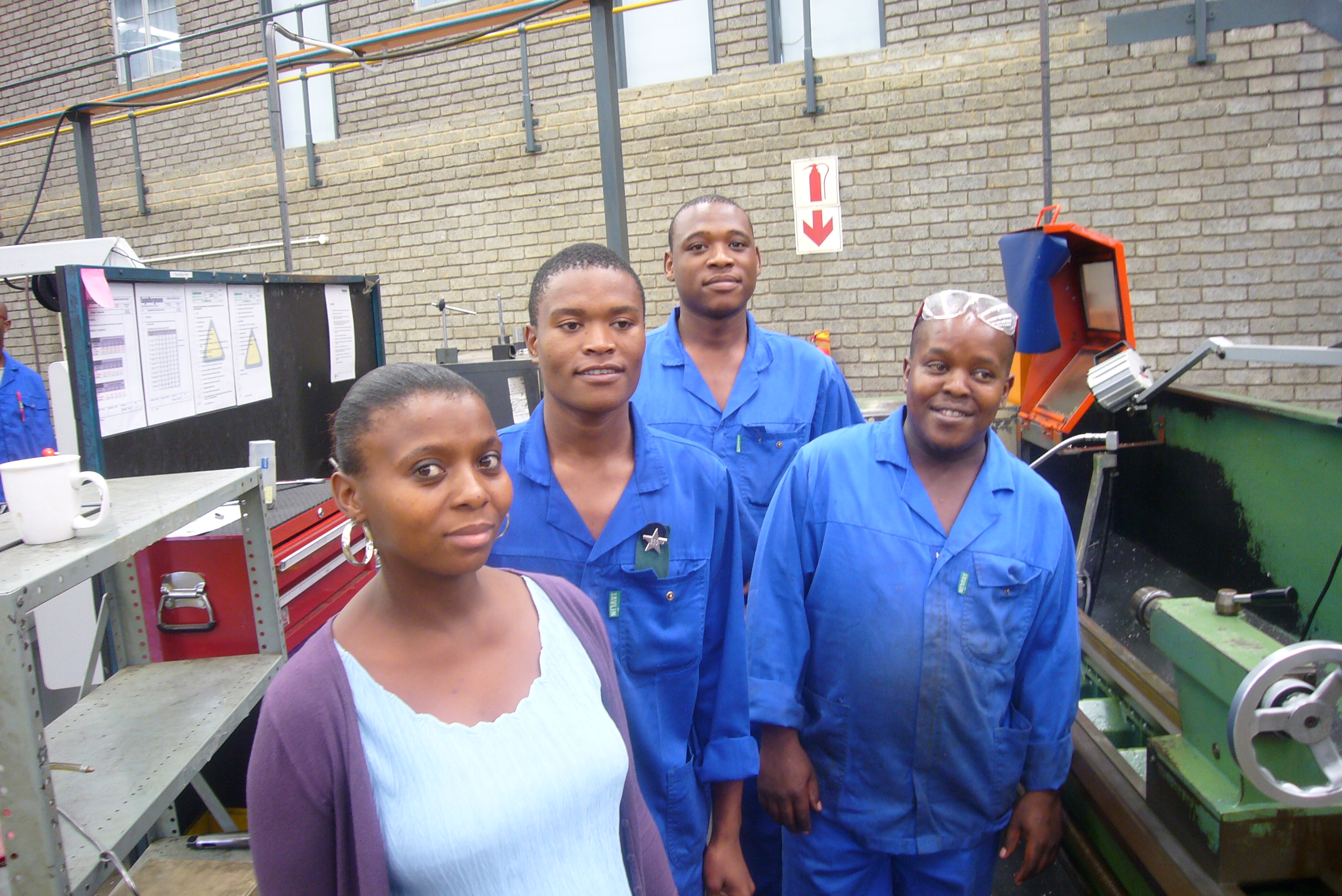
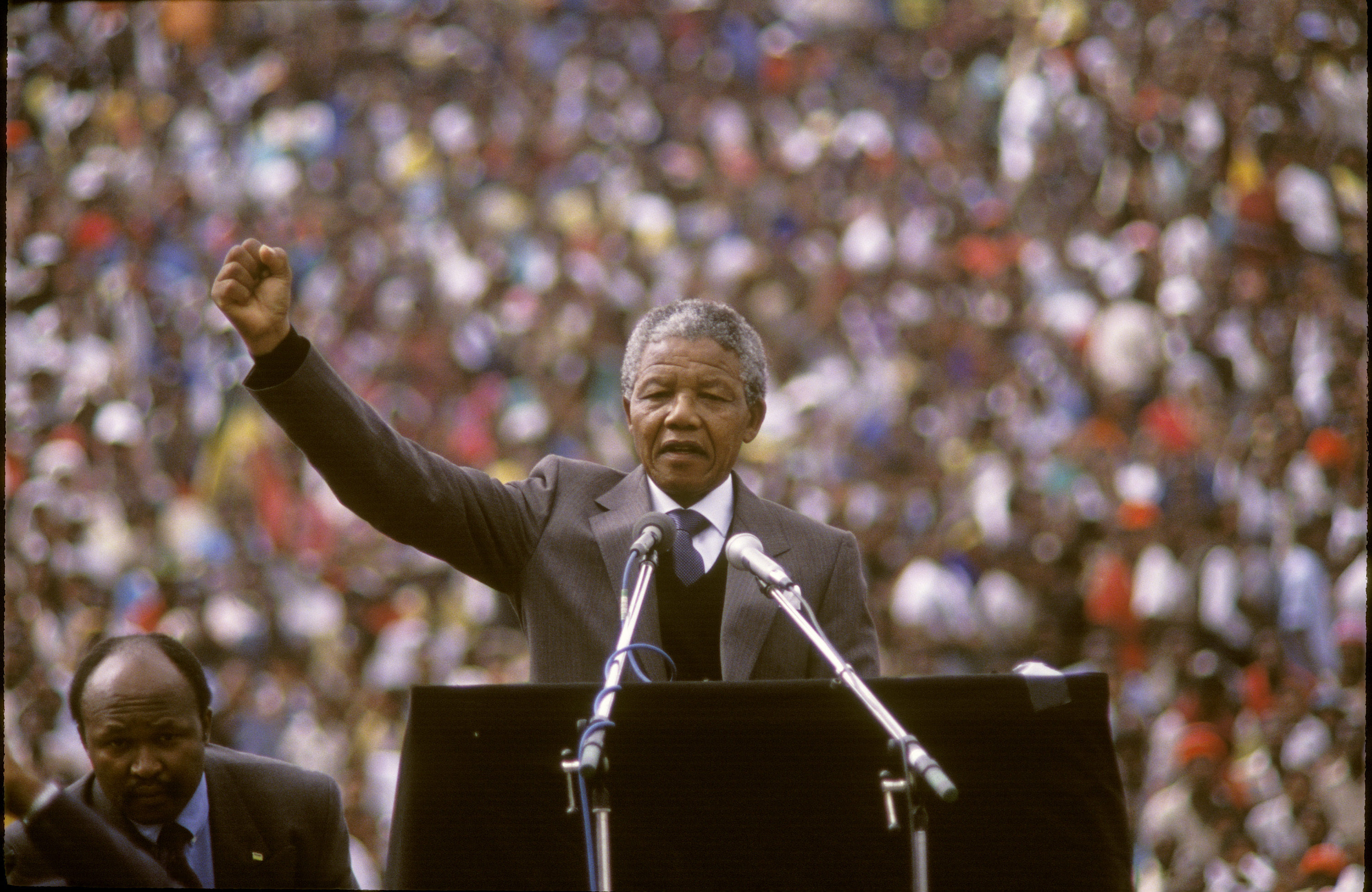
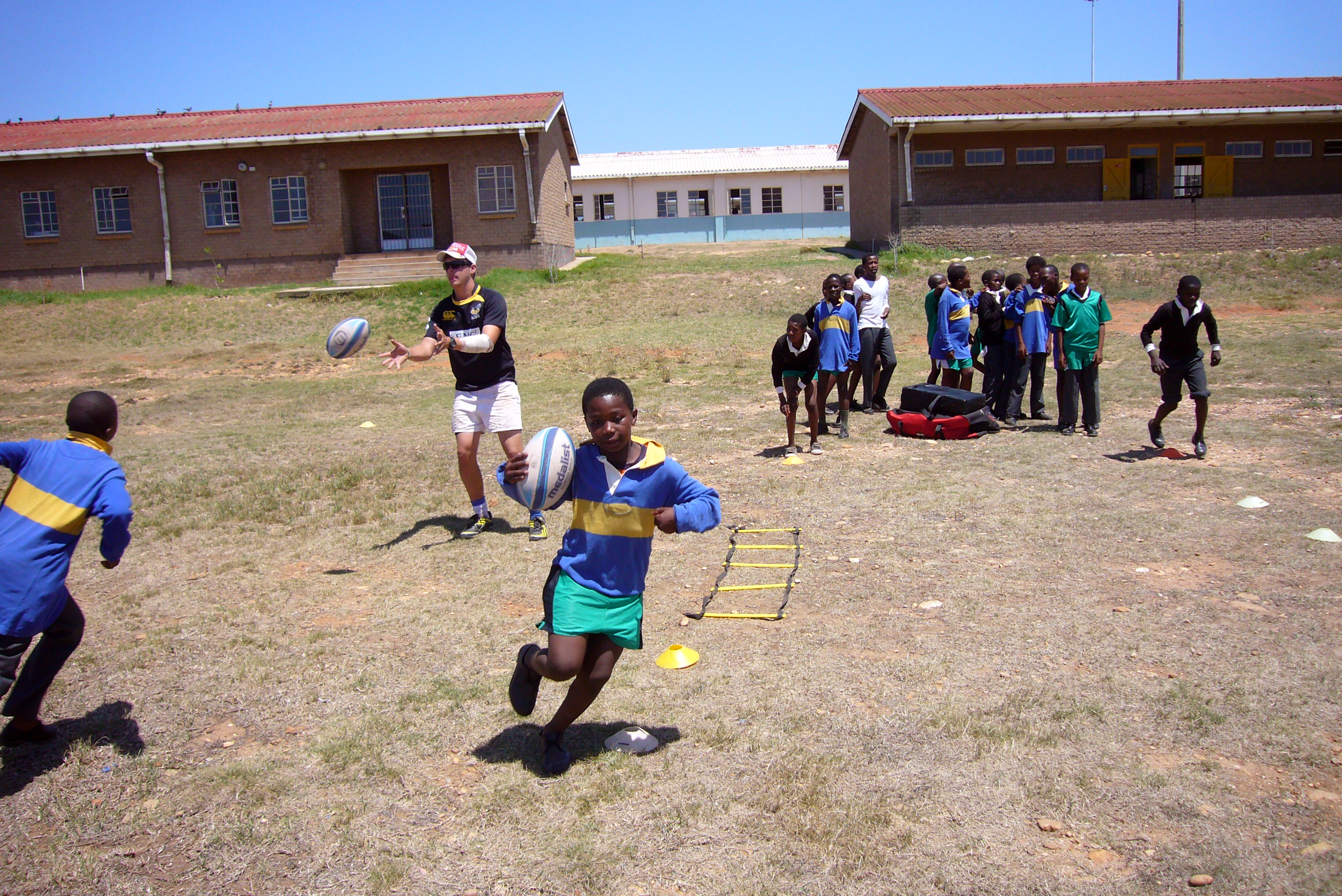
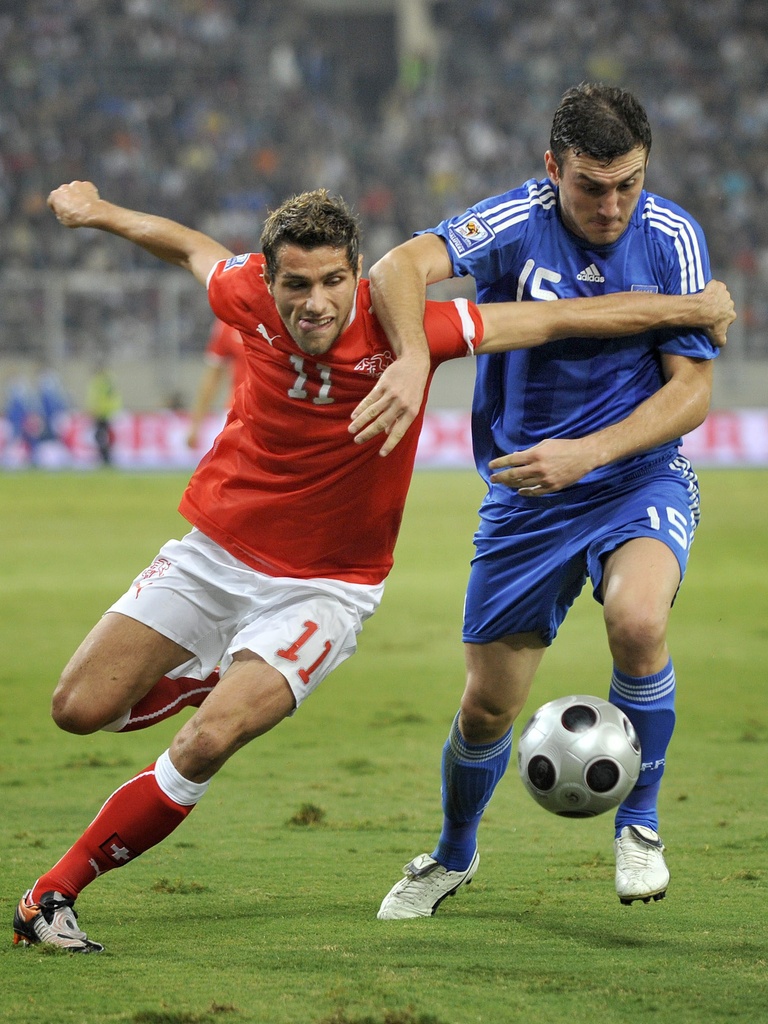
You can find an overview of ongoing debates with our journalists here . Please join us!
If you want to start a conversation about a topic raised in this article or want to report factual errors, email us at english@swissinfo.ch.